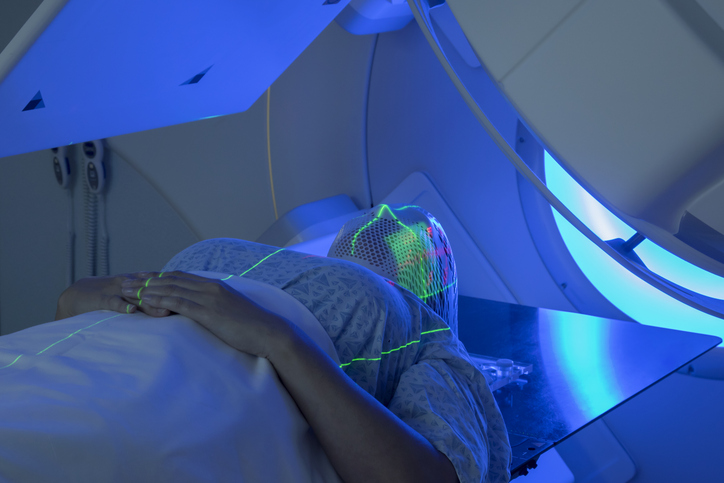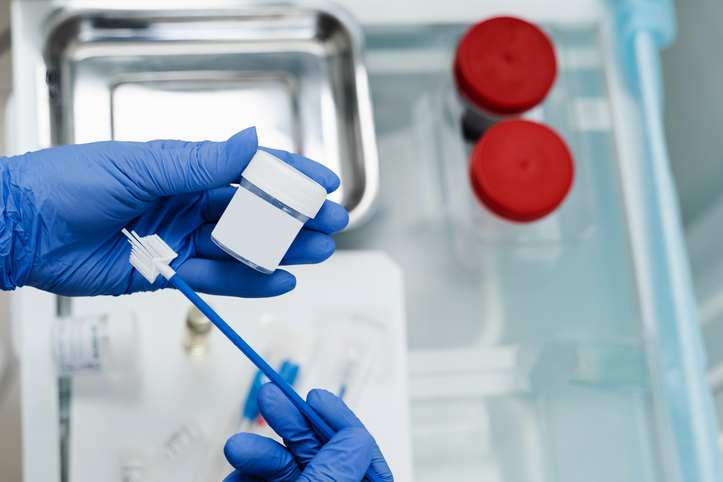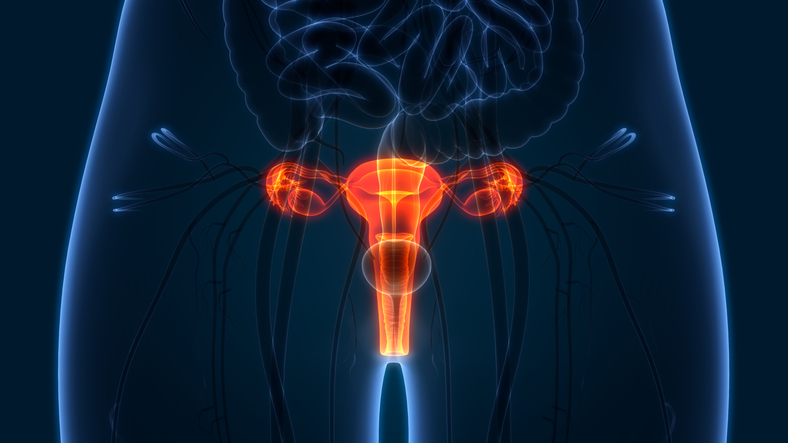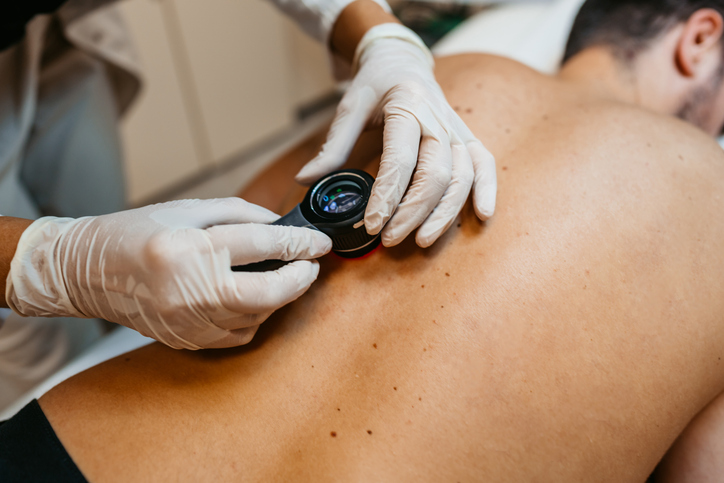
According to a study presented at the European Society for Medical Oncology Virtual Congress 2020, pembrolizumab plus AUTO3, an investigational CD19/CD22 dual targeting chimeric antigen receptor (CAR) T-cell therapy, was well tolerated in patients with relapsed/refractory diffuse large B-cell lymphoma (DLBCL).
The dose-escalation portion of the single-arm, multicenter, phase I/II ALEXANDER study examined three dose levels of AUTO3: 50×106, 150×106, and 450×106 CAR T-cells. AUTO3 was dosed alone or in combination with pembrolizumab 200 mg every three weeks 14 days after AUTO3 infusion or pembrolizumab 200 mg on day one after AUTO3 infusion.
At data cutoff (August 3, 2020), 35 patients (median age, 59 years; range, 28-83 years; 65.7% were men) with DLBCL (n=25), follicular lymphoma (n=7), or marginal zone lymphoma (n=1) were evaluable for safety outcomes. Patients received a median of three prior therapies (range, 1-10 therapies).
AUTO3 was well tolerated, according to the manufacturer, with no grade ≥3 cytokine release syndrome (CRS) with primary infusion; 22.9% of patients experienced grade 1 CRS, and five received tocilizumab to resolve their symptoms. There were three cases of neurotoxicity, two (5.7%) of which were grade ≥3. Among the 20 patients treated at a dose of ≥150×106 cells (recommended phase II dose) with pre-conditioning pembrolizumab on day –1, one patient experienced grade ≥3 neurotoxicity. One patient died due to disease progression and multiorgan failure. No patients who achieved complete response (CR) experienced neurotoxicity. All cases of neurotoxicity were atypical in nature and seen in a setting with disease progression and confounding factors, according to the manufacturers.
The cohort receiving a dose of ≥150×106 cells and pre-conditioning pembrolizumab on day –1 had an objective response rate (ORR) of 71% and CR rate of 64%. Across all dose levels studied, the ORR was 68% and CR rate was 54%. Seven patients who received the recommended phase II dose (150×106 to 450×106 CAR T-cells plus pembrolizumab on day one) and achieved complete remission remained in remission at a median follow-up of six months (range, 1-24 months).







 © 2025 Mashup Media, LLC, a Formedics Property. All Rights Reserved.
© 2025 Mashup Media, LLC, a Formedics Property. All Rights Reserved.